Research Spotlight: Learning More About How Astrocytes Change as a Result of Alzheimer’s Disease
A deeper understanding of astrocytes’ roles is essential for developing targeted therapies to manage or prevent Alzheimer's disease.
Weather AlertMass General Brigham's hospital campuses and off-site facilities are fully open and operational on Wednesday, Feb. 25, with the exception of some limited closures and delays. For real-time updates and service changes, please check our Alerts page.View Alerts page
CONTACT INFORMATION
Yawkey 9E
55 Fruit Street
Boston,
MA
02114
Appointments
Schedule by calling: 617-726-6245
Prior to your first appointment, ask your primary care physician or referring doctor to fax pertinent medical records to the office.
Fax Number: 617-726-2424
Translation services are available. Please inform us if you need the assistance of a translator.
If you are a new patient to Mass General:
Call to obtain a registration number: 866-211-6588
What to bring to your appointment:
The multidisciplinary Facial Pain Clinic at Massachusetts General Hospital is a highly specialized, care team dedicated to treating patients with trigeminal neuralgia and other facial pain disorders. Our program is a collaborative effort between the Department of Neurology, the Department of Neurosurgery, the Department of Oral & Maxillofacial Surgeryand the Department of Anesthesia, Critical Care and Pain Medicine. Our specialists meet regularly as a team to develop a compassionate and individualized plan of care with pharmacological, interventional, neurosurgical and psychological recommendations tailored to the needs of each of our patients.
The most common facial pain diagnoses referred to our clinic may include:
If you would like to be seen in our clinic, you would request a referral with medical records from your primary care physician, neurologist, neurosurgeon or dentist. Once your referral is received, our patient care coordinator will contact you promptly for new patient orientation and may request additional medical records including imaging, such as MRI of the brain on a CD for our review.
Next, our team of experts will review all available medical records and imaging studies and make a team-based recommendation. You may be recommended to see our neurologist, neurosurgeon, orofacial pain specialist, pain physician, or pain psychologist as part of your treatment plan. Our patient care coordinator will help to coordinate your appointments. We offer both in-person and virtual appointments. Our team of experts will meet regularly to review your treatment progress.
As a patient in our multidisciplinary Facial Pain Clinic, you may expect to receive medical treatment with medication management from our neurologists or orofacial pain specialists, surgical procedures from our neurosurgeon or oral surgeon, interventional treatment from our pain physician.
Microvascular decompression (MVD) is a type of brain surgery. This is considered the gold standard surgical treatment for trigeminal neuralgia. Benefits include the fact that it is the only procedure to address the underlying cause of the pain, usually a small blood vessel touching the nerve. The surgery is done under an operating microscope with the patient asleep under general anesthesia and involves moving the blood vessel off the nerve and placing some Teflon cotton padding to keep it separated. Success rate and pain relief is about 90% soon after the surgery. When successful, the benefit generally lasts for many years, and is often permanent. Risks include the possibility of hearing loss on the same side as the surgery, numbness, weakness, stroke, or death, as well as leakage of spinal fluid from the wound requiring additional repair. All of these risks are small, at 1 to 2% or less. This surgery requires an overnight stay in the intensive care unit and usually about 2 to 3 days in the hospital. Usually the surgical incision, which is behind the ear, is closed with glue so that there are no stitches or staples to be removed. Patients may shower, bathe, and shampoo as normal. There are no restrictions on physical activities. The only restriction is to avoid scratching the area of the incision or picking at the glue. This glue will soften and peel off on its own after a few weeks. Postoperatively patients may be given a short course of pain medication, as well as medications for inflammation or maintaining good blood flow. No special care is needed after the surgery; however, patients are recommended to stay off work for 4 weeks. Any aspirin or NSAID (ibuprofen, Aleve, Excedrin Migraine, or Advil) should be stopped one week before surgery.
Rhizotomy is second surgical option. There are several ways of doing this. At Mass General, our preferred method is called a balloon compression of the Gasserian ganglion. This procedure is also done with the patient asleep under general anesthesia but is an outpatient procedure that takes only a few minutes, and after which the patient may go home the same day. It involves placing a needle up along the course of the nerve in the face, starting from a tiny puncture next to the corner of the mouth. The nerve is compressed against the skull bone for a minute or two using a tiny balloon. The balloon is then deflated and removed. This procedure preferentially blocks the part of the nerve carrying the abnormal pain signals. It always produces some degree of numbness on that side of the face which is incomplete and improves over time. It is possible that the facial numbness may never fade completely. This is not bothersome to most people. It has a success rate of 85 to 90%. In addition to the numbness, risks include temporary discomfort when chewing and temporary double vision in about 3% of patients. The effect of the procedure tends to wear off after a few years, but the procedure can be repeated. Risks of permanent numbness or numbness with persistent pain increase if the procedure is done repeatedly. As with MVD, aspirin and NSAID medications should be stopped one week before the procedure.
Stereotactic radiosurgery (SRS) is a third surgical option. This can be done with a variety of machines that deliver computer guided radiation such as gamma knife, CyberKnife, or linear accelerators (LINAC). The procedure is noninvasive and does not require anesthesia. At Mass General, we used the LINAC procedure. A special MRI scan is obtained a few weeks in advance and a special bite block is made to help hold the patient's head still during the treatment. This treatment is done in the outpatient radiation department and takes about 45 minutes. The patient bites down on the bite block while the head is held in position with the frame using suction cups. Most people listen to music and fall asleep while the treatment happens. Following the treatment, the patient can leave immediately. This treatment is successful in 70 to 75% of patients. Like rhizotomy, it tends to wear off after a few years, but can be repeated one time. Risks of this procedure include about a 10% chance of numbness on the side of the face where the pain had occurred. It is very important to understand that with SRS, the effect is not immediate. In people who benefit from this procedure, the improvement in symptoms begins between 2 and 6 weeks following the treatment and may take up to 6 to 8 months for the maximal effect. It is important to know that about 10% of the patients will develop numbness in the face from the procedure, which commonly shows up at 6 to 8 months. It is not necessary to change any of your usual medications before to prepare for this treatment.
For all three of the procedures described above, we encourage our patients to remain on their pretreatment facial pain medication regimen until the effect of the treatment is clear. It is usually not advisable to stop these medications abruptly. Following treatment patients can work with their neurologist to gradually taper or wean off their medication as tolerated. It is important to keep in mind that the goal of all of these treatments is pain control, and not complete freedom from medication use.
It is also important to keep in mind that no surgical procedure is risk-free, and that no surgical procedure carries a guaranteed success. We encourage our patients to ask us many questions as they need to help make decisions before surgery and to address concerns that arise after surgery.
We believe that a team-based approach, with a comprehensive care plan, is the best way to manage your facial pain. We value your patient experience.
If you are interested in a second opinion, or do not currently have access to care for your facial pain, please contact us for a list of the information we need to assist you. Please note that our clinicians do not prescribe chronic opioid medications. Our goal is helping our patients to restore function and achieve pain control; therefore we do not make recommendations for short- or long-term disability.
For health care provides who are interested in referring their patients, a faxed referral can be sent to 617-726-2424. If you are referring a patient for management for trigeminal neuralgia, a recent MRI of the brain with trigeminal protocol is recommended. If you have any questions regarding a referral, please call 617-726-6245. Our nurse practitioner will help to answer your questions.
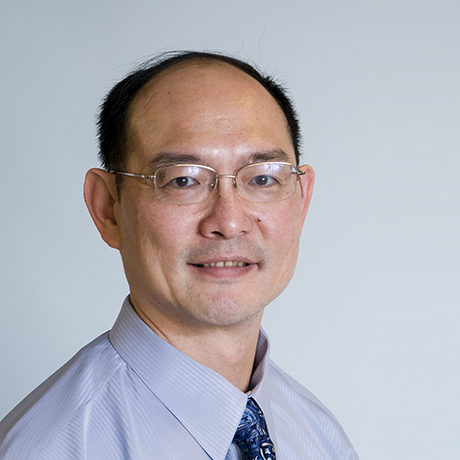
Department of Neurology
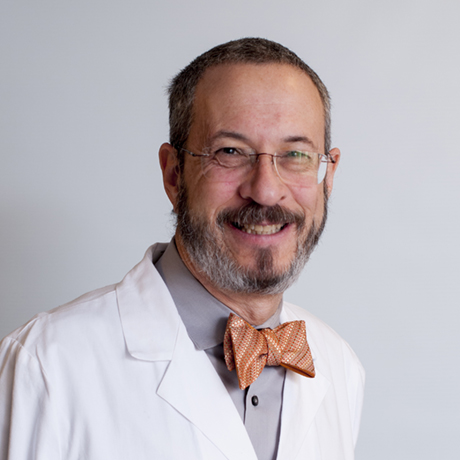
Department of Neurosurgery

Department of Surgery, Oral & Maxillofacial Surgery, Orofacial Pain Service
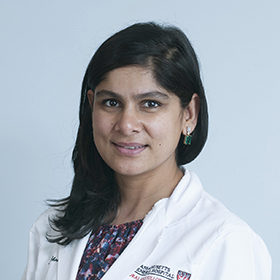
Department of Surgery, Oral & Maxillofacial Surgery, Orofacial Pain Service
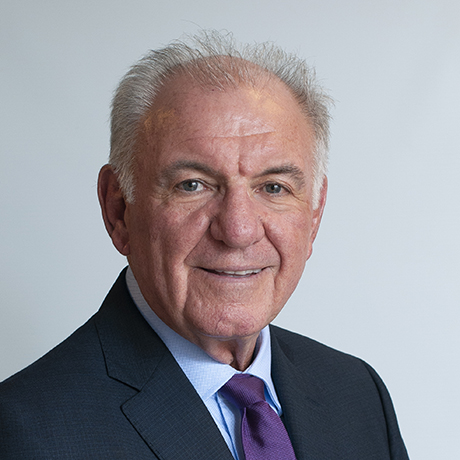
Department of Surgery, Oral & Maxillofacial Surgery, TMJ Surgery and Minimally Invasive TMJ Endoscopy
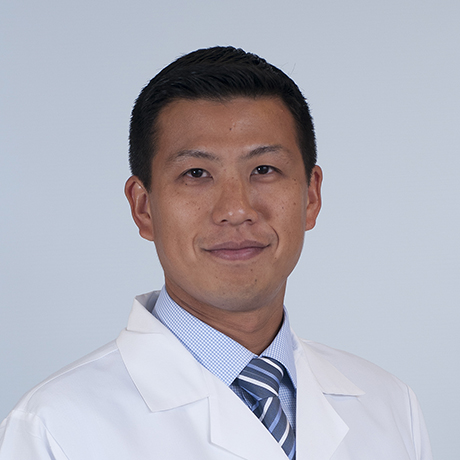
Department of Anesthesia, Critical Care and Pain Medicine

Department of Anesthesia, Critical Care and Pain Medicine
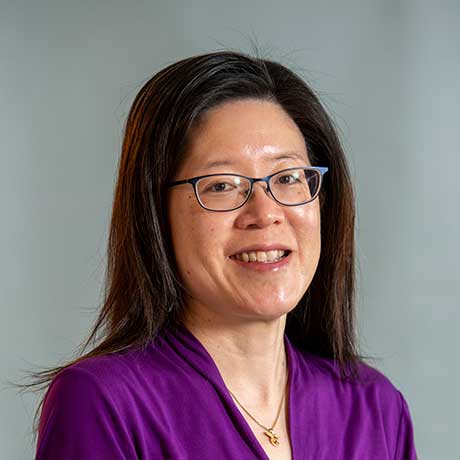
Department of Radiation Oncology
Clinical Program Lead, Multidisciplinary Facial Pain Clinic
Jennifer Cheng, CNP is a pain fellowship trained and certified nurse practitioner with an extensive background in both inpatient and outpatient headache and facial pain treatment. She has a clinical practice with the Department of Neurology Headache and Neuropathic Pain Unit.
Mass General is recognized as a top hospital on the U.S. News Best Hospitals Honor Roll for 2025-2026.
A deeper understanding of astrocytes’ roles is essential for developing targeted therapies to manage or prevent Alzheimer's disease.
Sabrina Paganoni, MD, PhD, speaks about the HEALEY ALS Platform Trial, a novel approach to testing new therapeutics for ALS patients.
The algorithm showed proof-of-concept potential in distinguishing individuals with FND, which is a first step in potentially using structural brain MRI to assist in the diagnosis of FND.
Researchers have introduced a blood-based test that allows for the minimally invasive detection of tumor-derived extracellular RNA using only 2ml of blood.
The algorithm showed proof-of-concept potential in distinguishing individuals with FND, which is a first step in potentially using structural brain MRI to assist in the diagnosis of FND.
The algorithm showed proof-of-concept potential in distinguishing individuals with FND, which is a first step in potentially using structural brain MRI to assist in the diagnosis of FND.
You can join other patients and families in making an impact and spreading awareness for the multidisciplinary Facial Pain Clinic. Philanthropic support is crucial in continuing our mission to improve the understanding and management of facial pain and enhance quality of life for our patients. There are many ways to get involved, from hosting an event, raising money through a race, or marking an occasion with gifts.